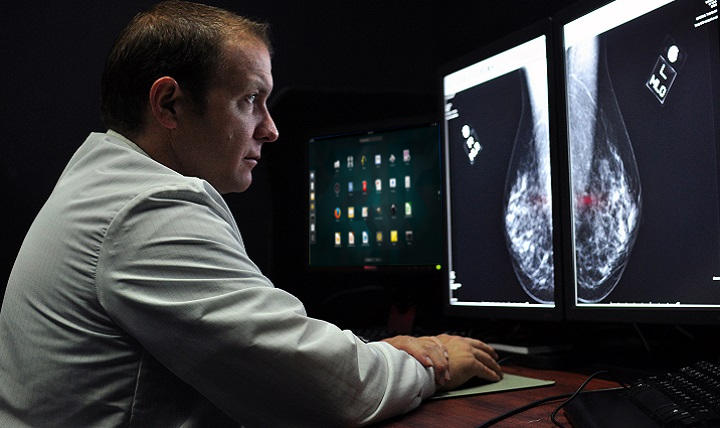Software Projects Surprisingly Not Actually Cancerous, Says Study

Fear your software no more, say researchers from the University of Colorado, after the results of a year long study into various software projects that were often alleged to be “cancer” were released. In what should be a huge relief to users, the researchers say that no traces of actual cancer could be found.
“We were really pleased to be able to conduct this study,” said lead researcher, Dr. Richard Hawkins. “We know there’s a huge lack of pointless and expensive studies about irrelevant but nevertheless interesting things, so at least we were able to provide on that front. Still, we can provide some solace and relief, as all available evidence shows that, generally, software projects do not actually contain any traces of cancer despite the allegations we see on the internet.”
When asked to elaborate on his choice of the word “generally”, Mr. Hawkins says that although the evidence is very positive in suggesting consumers have nothing to worry about, more research would be needed to completely rule it out. “Quite simply, we would need to do more research with a longer study,” he said. “But we were quite surprised by the findings. Despite all the allegations and calls by angry and very self-assured individuals, we couldn’t find anything to suggest that some of the biggest examples of such projects - GNOME, systemd, PulseAudio, and the like, actually contained any element of cancer. Believe me, we tried, we ran numerous scans and tests with leading health professionals, but we found no evidence at all. Even Steve Ballmer once famously declared Linux itself, as a platform, to be cancerous. The trendline of things being called cancerous has been steadily increasing online it seems, too, but again, we found no evidence of them being so.”
Dr. Hawkins believes that even in the small chance that a piece of software actually did contain cancer cells, it is unlikely to be of any threat to the user - “I would hypothesize that it’s very unlikely that the cancer could spread to a human being anyway. Maybe to other pieces of software. Kind of like, now what did they call it yesterday, Jim? Oh yes, yes, like a virus. Apparently the computer world has those too, though I’ll need to see the data on that one. Overall, I think we’ll need further studies, but the signs are good.”
So where does all the seemingly baseless accusations and labeling of software and entire projects as cancer actually come from? Dr. Hawkins thinks there are currently two possibilities.
“The team and I have been mulling this one over ever since we completed the study. It’s one of two things, we believe - one, perhaps there’s an entire legion of online users perpetuating a kind of meme and “trend” to simply label things as cancer. Perhaps as a kind of insult. I sort of picture an angsty nerd who’s ego has been damaged or injured in some way by a particular software and so they conjure up something as nasty and pervasive as cancer as an insulting label. Or two, maybe we as researchers take things too literally sometimes and have been going about all this all totally wrong. Maybe, just maybe, we like stroking our egos and getting our names in an article with a clickbait-y title all the while wasting tax payer dollars?”
“I’m leaning towards the latter myself,” he added. “But we’ll need another study to confirm it.”
